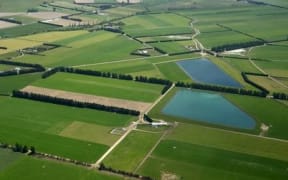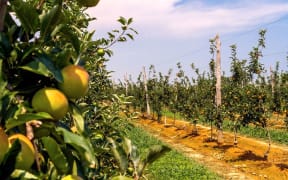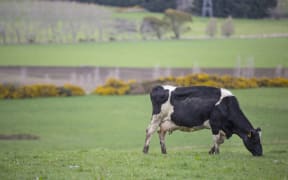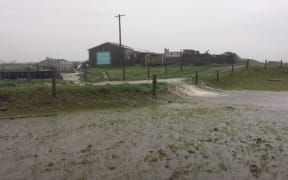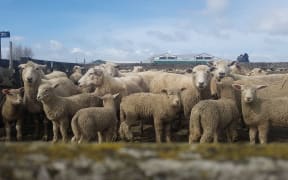New figures have revealed New Zealand's rural land market is inconsistent and volatile.
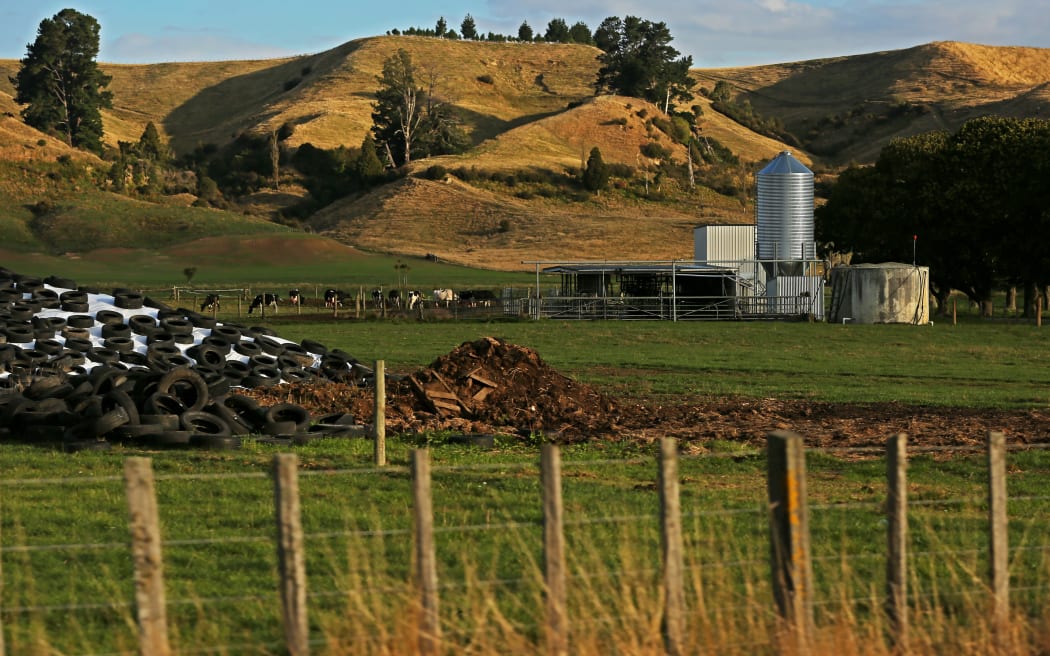
Farm land supply is outstripping demand in some places. (file photo) Photo: RNZ / Alexander Robertson
The number of farms sold fell by 21 percent for the last three months of 2017 compared to the year before.
Figures from the Real Estate Institute show that last year there were ten percent fewer farms sold than in 2016.
Rural spokesperson Brian Peacocke said it was a tough market.
"Unless the price is reflective of the quality then not a lot of attention is being paid to the lower quality properties ... that seems to be a theme across the country."
In some areas there was more supply than demand.
"Southland in particular would be one of those areas. In the early stages of the spring that would apply to the Waikato.
"It seems to be a bit of a topsy-turvy market out there, there's not a lot of consistency across the country."
He said pricing volatility and the weather were behind the decline.
Second and third-tier dairy farms with steeper land are hard to sell, but Mr Peacocke said an interesting trend was emerging.
"One or two of those farms that are selling are going back to beef production or dairy support, and moving away from milking.
"I think we'll see an increasing trend of that happening on that class of country ... it's a changing market, it's constantly evolving."
Ten out of 14 regions had a drop in sales for the three months to December 2017.
Otago recorded 27 fewer sales, followed by Northland with 25 fewer. Meanwhile, farm sales rose in Waikato, Southland and Gisborne.

